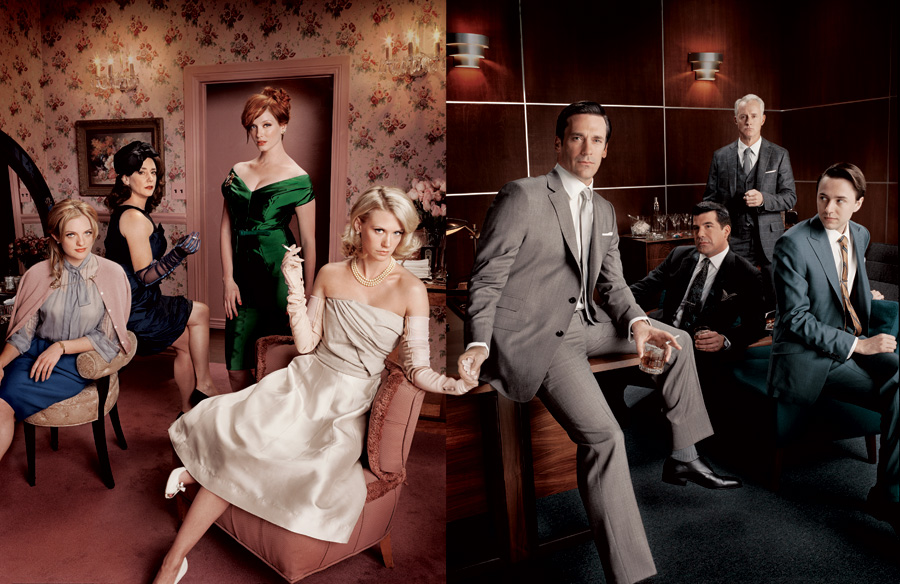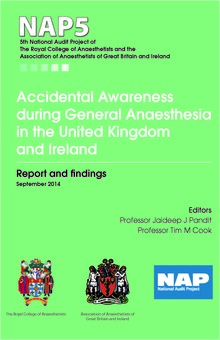Have you seen End of Watch? My wife and I watched it this
week and it made me (almost) cry. Not in the usual Hollywood way. And not in
the Apollo 13 triumph over adversity way (the other film that always gets me).
It’s a buddy movie about two cops in south-central LA who are doing their best
to uphold the law and take down the bad guys. The crime in question is drug
dealing and the violence that goes along with it.
It’s the way it’s shot as a realistic fly on the wall /
found footage type thing (often a crap start to a film) that sucks you in and
really makes you feel it at the end. No one wins. It made me think about the
senseless loss of life on both sides of the law that have occurred in the War on Drugs.

So in true box-office style, here are my top-ten films that
depict the tragedy of the War on Drugs.
10 - City of God
The birth of a Rio De Jeneiro cocaine empire and the
violence that accompanies it. Think of cocaine and cannabis and many will think of Central and South America. Be it the Columbian cartels, Mexican narco-terrorism or farmers surviving on growing 'Bolivian marching powder'.
Several countries are making progressive strides though. One example is Uruguay, who are regulating production and sale of cannabis. This graphic from Drug Law Reform explains how it works. US states, such as Colorado are taking their own steps. As you can see, it's not designed to create a free-for-all, but to control who has access to cannabis. The aim is to take production and sale out of the hands of the criminals and place it within a regulatory framework.
9 - Scarface
The
glamour of running a cocaine business in Miami! Until you end up hooked,
friendless and full of bullet holes. This one is ridiculously over the top, but
it shows where the money goes, to local gangsters, paying off officials and ultimately
to huge and powerful cartels, leading to politcal instability and conflict in producing nations.
8 - Human traffic
The story of a night out involving alcohol, ecstasy,
cannabis and, I think, cocaine.
This film is showing its age now. Ecstasy use is decreasing amongst young people, possibly being replaced by newer psychoactive substances - 'legal highs' and our drug laws are struggling to ban the substances quick enough. If they were all brought under the same regulation as alcohol, tobacco and other currently illegal drugs, then the onus would be on the manufacturer to prove contents and safety and scientists would stand a better chance of studying the substances to aid classification and control.
All drugs have adverse effects. I include
alcohol and tobacco in that. There are, however, millions of people who take
drugs and don’t end up as addicts or in hospital. They must enjoy themselves,
or they wouldn’t take them. When people do come to harm, it is often a failure
of education. When Leah Betts died in 1995 after taking ecstasy, there was a
huge national campaign against the drug. It can be dangerous and there are
deaths associated with it but in her case it was likely because she drank
several litres of water in a short period of time (leading to low blood sodium
levels and swelling of the brain) rather than the toxicity of the drug itself.
Educating users on how to avoid harm is a more pragmatic approach than hoping they won’t take it
at all. Other fatalities have come because of mixing drugs together or taking
drugs with dangerous impurities. If they were sold in a pharmacy, with warning
labels and advice, this would be much less likely to occur.
Professor David Nutt was fired from the government’s
Advisory Council on the Misuse of Drugs for suggesting a more coherent approach
to drug classification, presumably based on actual harm to users and society
rather than political hysteria and the thoughts of the Daily Mail. At some
point he pointed out that ecstasy was less dangerous than horse riding as well
as tobacco and alcohol though I think this was after his dismissal. Scientists
do not say that drugs are safe, just that they should be classified according
to harm. Many now think that legalizing and regulating (and of course taxing)
is the best way to reduce this harm.
7 - Trainspotting
Fairly obvious but it does depict the devastating effects of
heroin addiction and how hard it is to get off. It shows the strength of the
addiction and the lengths to which people will go to get their fix. What it
also shows is that the threat of criminal punishment does nothing to alter
this. Whether it’s a crime or not, addicts need their drugs. Not all drugs are equal. There is no doubt that heroin is harmful. It wouldn't take long walking around my local city to find someone who has lost one or both legs due to the drug. People die from overdoses. People catch life threatening diseases from using dirty needles. Addiction fuels crime.
People need
treatment and this takes time, effort and money. People also need to know that
there’s a viable alternative life to the one that they are trapped in.
Prohibition is a public health disaster. If you want people to take less
heroin, locking them up is not the answer. They need support and compassion.
Clean, unadulterated drugs or substitutes, counselling, needle exchange
programmes, detoxification facilities, accommodation and the prospect of a job and a future.
6 - 25th Hour
The drug dealer’s going to prison. There’ll be another one
to take his place. He made a shed-load of money but lost. The temptation will
be there for the next one. I put this one in because Philip Seymour Hoffman is
fantastic in it and now he’s dead. That’s very sad. The fact that his drug
taking was illegal didn’t stop him wanting to take it. The fact that drug
dealing is illegal doesn’t make them hard to buy. Prohibition failed and a
great actor died.
5 - Requiem for a Dream
A tale of a dream of a quick buck from selling heroin turns
to a tale of addiction and illness. The protagonist ends up in prison and there’s
devastating physical consequences of his drug use. The American legal system is
bonkers. Mandatory minimum sentences for drug offences destroy communities.
Whole generations are in prison or dead. This chap is also denied proper
medical care because he’s in jail. It’s no better for his mum though, who gets
hooked on prescription diet pills.
If drugs were legalized and regulated, then more dangerous
substances like heroin would only be available through pharmacies or other
licensed medical establishments. There wouldn’t be a market for dirty or
adulterated street drugs and this guy would have looked for another way to make
a living and would have stayed out of jail or received proper treatment for his
illness. The money saved in law enforcement and gained in taxing less dangerous
substances, could be used for education and treatment to keep people off more
harmful drugs.
4 - Breaking Bad
You’ve all seen it, people love it and yes, it's not a film. Thankfully crystal methamphetamine has not made a huge impact in the UK. Interestingly, whereas
crack cocaine hit black neighbourhoods in the USA, meth has had a bigger impact
on poor white areas. Again, it’s a cheap, highly addictive drug, with huge profits to be
made and law enforcement cannot stop it. Educate, inform, treat, regulate.
Another point is that Walter started all his drug empire shenanigans because he was faced with huge medical bills after getting lung cancer. Under the NHS, his treatment would have been free. Remember that.
3 - A Scanner Darkly
A messed up dystopian future (as most of my favourite books
and films tend to involve) is the setting for this kind of animated live action
film where a cop goes undercover to expose the source of a new drug called
Substance D that has swept America. He is overpowered by the drug but does make
some amazing discoveries along the way. This is the War on Drugs lost.
2 - The House I Live In
If you want to know more about what America's drug policies have done to its people, please watch this. This great docco interviews people on both sides of the failed War on Drugs. Police, officials, criminals, users and prisoners. Watch it, you’ll learn a lot. And look at their site.
1 - The Wire
Not a film, but the five series of this Baltimore-set show
do more than anything else I’ve seen on TV or film to portray the futility of
the War on Drugs. There’s good and bad on both sides. There’s murder after
murder, death, relapse into addiction. There’s an overstretched police
department who are struggling to keep up with the drug-gang related murders.
There’s people born into families where ‘the game’ is all people have ever
known, with no hope of a better life. Schools are underfunded and kids have no role models other than older gang members. There’s a couple of big winners and a
whole heap of losers. The worst thing is that at the end of it all, nothing’s
changed. This is a stunning examination of the War on Drugs, urban decay,
education, law-enforcement, city politics and the media. It makes me laugh, shout at the TV, frustrated and sad and I love it.
More...
I could give all the arguments for and against legalizing and regulating drugs, but helpfully it’s been put in this great information leaflet by The
Transform Drug Policy Foundation. It would be hard and there would be unintended consequences. It would require a lot of political will and international co-operation. A step-wise move towards the goal is the most likely. What we need to do now is have an honest debate about the pros and cons. Look at the evidence from other nations, make the conversation follow science and reason and not right-wing hysteria. People will take drugs, whatever the rules are. It's our duty to help reduce harm.













